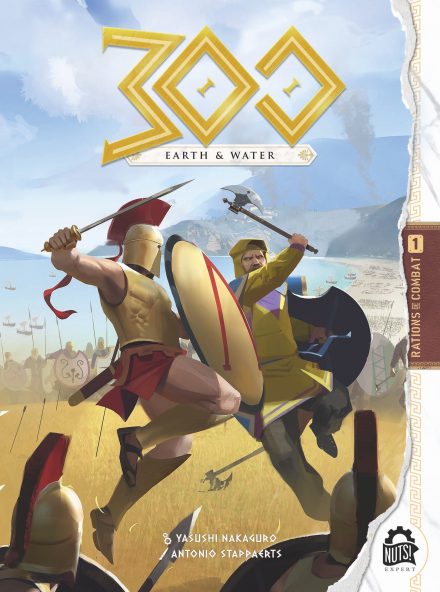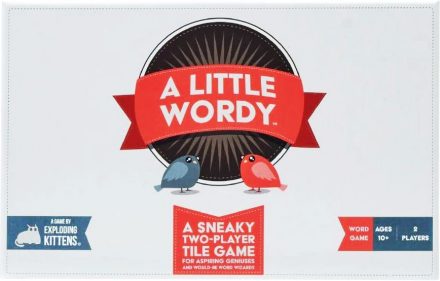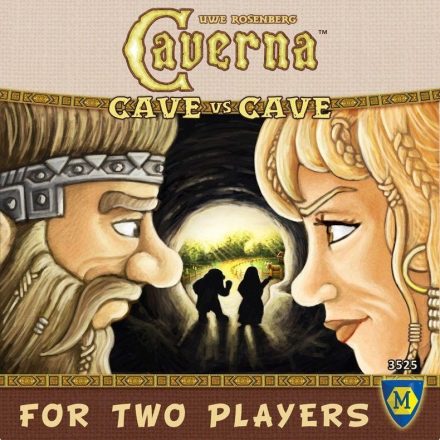In this introduction to the BattleTech game and universe, players each take control of one giant walking war machine (a BattleMech, aka ‘Mech) and battle until one is destroyed or until the scenario objectives being played are completed.
BattleTech is the world’s greatest armored combat game, filled with a myriad of epic stories and gaming experiences to satiate any player: miniatures to RPG play, hobby painting to fiction, and beyond. The BattleTech Beginner Box is the first step on that fantastic journey and includes everything you need to get started: two high-quality miniatures, quick-start rules, a mapsheet, cards to represent your MechWarrior’s unique skills, dice, and more.
Game Specifications:
- 1 – 2 Players
- ~120 Minutes
- Difficulty Weight 2.43










